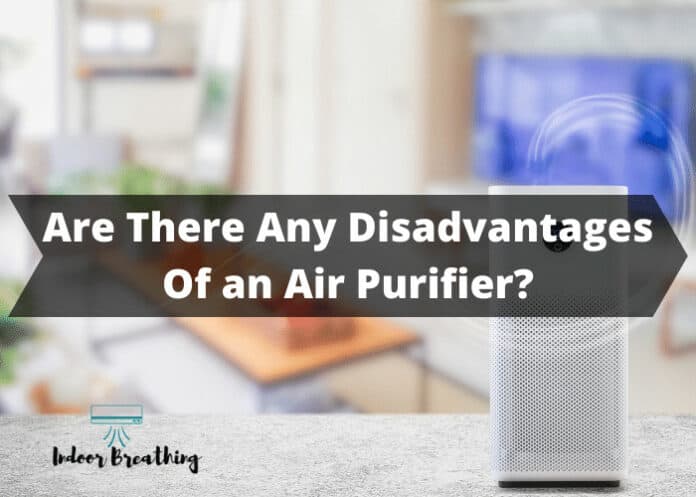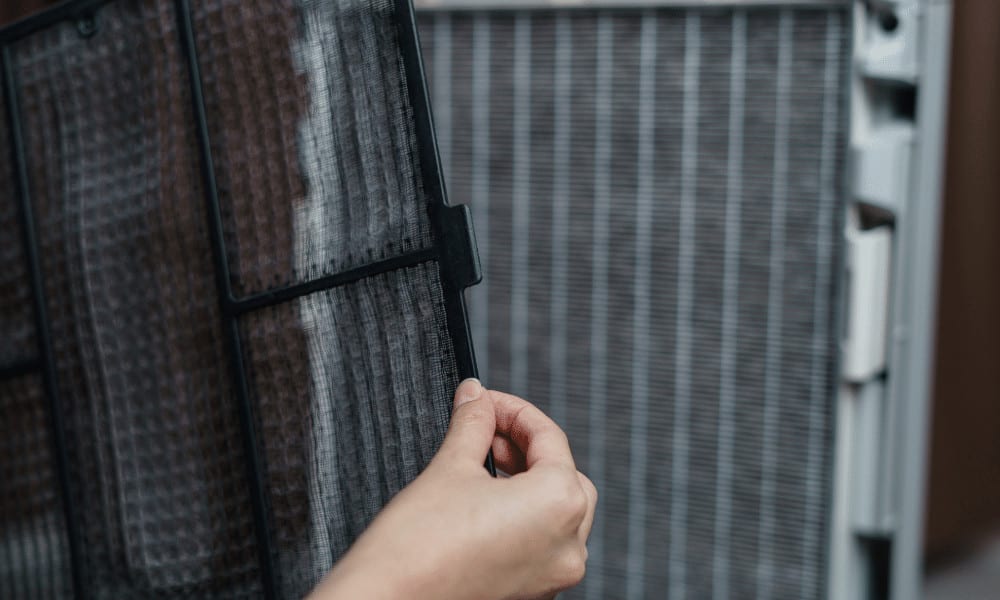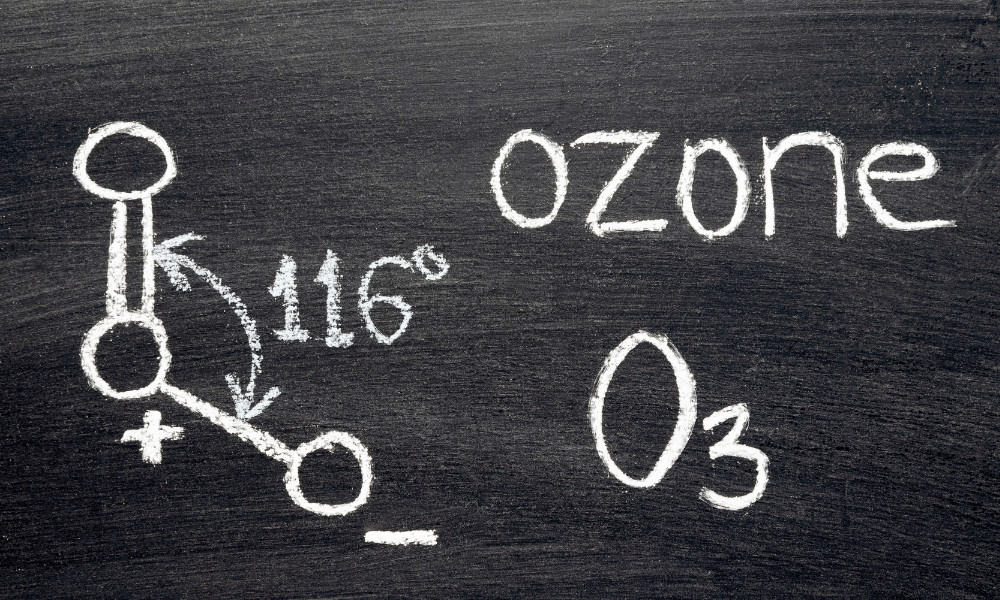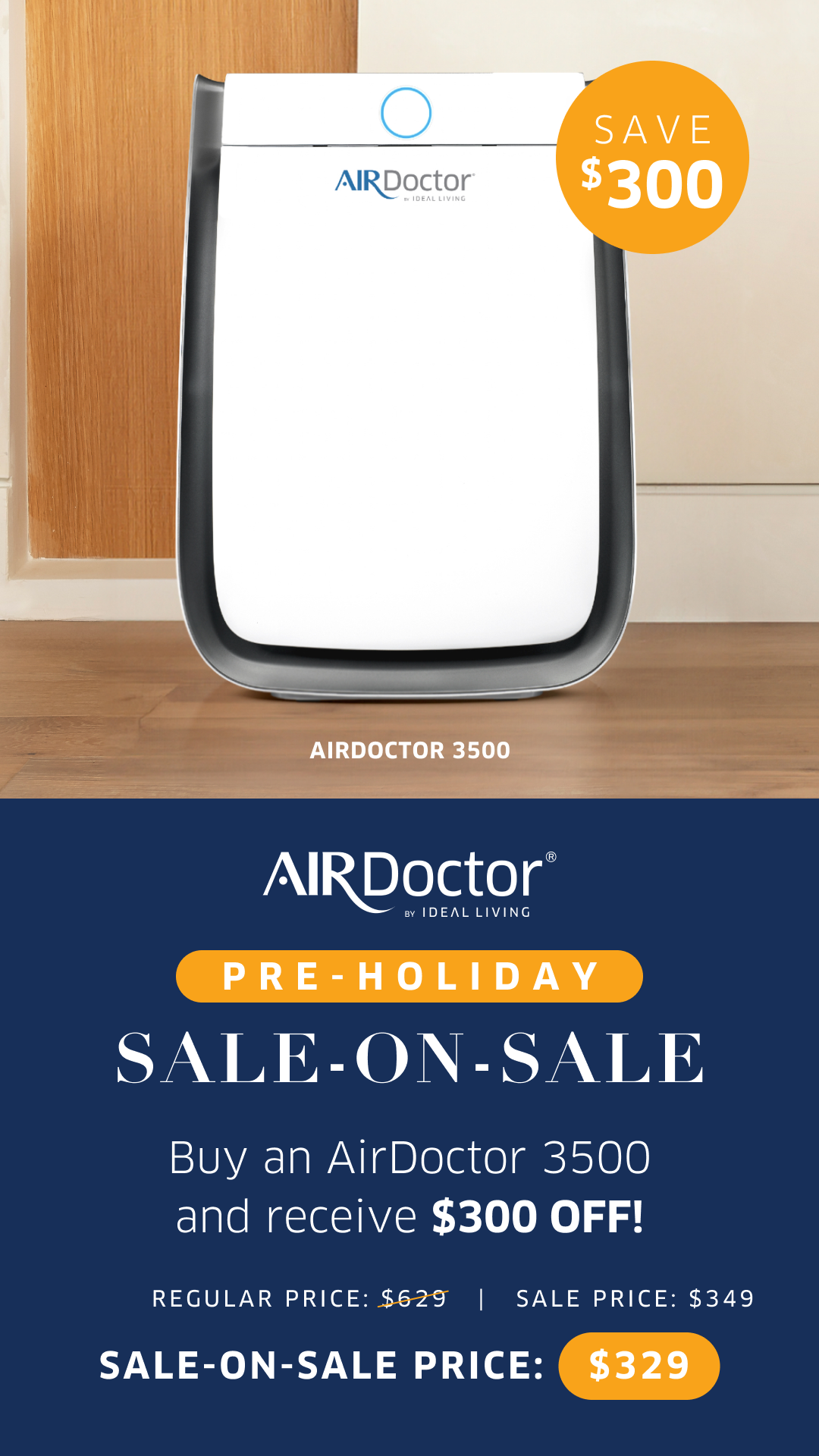An Air Purifier is something that you must be familiar with if the air quality in your home is terrible. But, it’s not just another machine that you can use to purify the air around you. It needs to be done correctly.
Every activity has its advantages and disadvantages, and Air Purifiers are not an exception. A perfect activity cannot exist without flaws, but these flaws can be initiated if they are taken care of in a better way. So, are there any disadvantages of an Air Purifier?
Yes, there are disadvantages to an air purifier. Air Purifiers can release harmful gases. It can cause headaches and other health problems, so choosing an Air Purifier that releases minimal gas is essential.
Table of Contents
What is an Air Purifier, and What is its Job?
The first thing to understand about an Air Purifier is that it does what its name suggests — it purifies the air. While this might seem like a random thing, it’s vital. We breathe countless pollutants, from dust and pollen to smoke, pet hair and dander, mold spores, and more. If you undergo allergies or asthma, your symptoms are likely worse when you’re breathing in these pollutants.
In plain terms, an Air Purifier is a machine that cleans the air in your home. It’s very similar in function to a vacuum cleaner, which cleans up dirt, dust, and other debris from your floors. In addition, Air Purifiers help to remove airborne particles like pet dander, pollen, smoke, and mold spores from the air in your home.
If you have any respiratory problems—or want to be able to breathe better while you’re at home—an air purifier may be a good investment. And depending on the size of the device you get and how much you use it, running an Air Purifier can also help to save money on your electricity bill since it can help improve the efficiency of your heating and cooling system.
Are There Any Disadvantages Of Air Purifier?
As a general rule, Air Purifiers are beneficial to our health. This is because they improve indoor air quality by trapping airborne pollutants and dust particles. However, they may not be the ideal solution for everyone.
Most Air Purifiers produce unwanted ozone as a by-product. Ozone is an oxidant gas that can damage lung tissues and aggravate respiratory conditions. For example, the EPA has reported how prolonged exposure to this gas can cause chest pain, coughing, and shortness of breath. It also decreases the immune system and causes inflammation in the lungs.
Air Purifiers can lead to decreased ventilation in your home or office. For example, if you keep closing doors and windows to prevent external pollutants from entering your home, you will trap indoor air inside. As a result, it will increase the concentration of indoor air pollutants and make breathing more difficult.
What are the Disadvantages of Air Purifiers?
Air Purifiers are devices that filter out pollutants from indoor air to improve the quality of air in your home. But there are some drawbacks, too.
- Noise Pollution: It creates a high level of noise. While some models are quiet enough for a bedroom, others may be too loud for sleeping.
- Expense: The cost of an air purifier may be higher than you expect. The best ones can cost more than $1,000, but even moderately priced models tend to run between $500 and $700.
- Energy Use: Air Purifiers need electricity to run, which means they use energy and increase your utility bills. Some models use better power than others, so look for Energy Star-rated models to save utility costs while improving indoor air quality (IAQ).
- Maintenance: When your air purifier is working hard to clean the air in your home, it needs regular maintenance to keep running.
What are the Advantages of Air Purifiers?
Air Purifiers can help those with health concerns, allergies, or sensitivities. In addition, if you spend a lot of time at home, having an Air Purifier can significantly improve your quality of life.
While the benefits are many, here are just a few things to consider:
- Cleaner Air: Most people who use an air purifier do so because they want to improve their indoor air quality. Air purifiers work by filtering out allergens and other particles that can become trapped in the home. These particles come from various sources, including dust, pet dander, mold spores, and more.
- Improved Health: Exposure to pollutants has been linked to several health problems, including asthma, allergies, and cancer. In many cases, these illnesses can inhibit by purifying the air inside of your home or business. It is why many companies use commercial-grade air filters to help improve the health of their employees.
- Fewer Allergens: Air Purifiers can significantly reduce allergens like pollen and dust mites. Allergies can trigger a range of symptoms, including congestion, coughing, and watery eyes.
- Less Secondhand Smoke: Secondhand smoke can be very harmful to you and your loved ones. If you live with a smoker or spend time in buildings where smoking is allowed, using an air purifier can help eliminate secondhand smoke from the air you breathe.
People Also Ask
Can air purifiers cause problems?
Air purifiers can cause problems if they aren’t properly maintained. Air purifiers work by forcing air through a filter, which removes particles from the air—and that filter needs to be regularly cleaned.
If you don’t maintain your Air Purifier, it will end up recirculating contaminants and other particles into your home or office. It can lead to several problems, including illness due to respiratory conditions, damage to the equipment, and other appliances or structures within the building that house the Air Purifier.
It happens because the device is removing carbon dioxide from the room faster than you can exhale it (this is particularly true if the window is closed). Eventually, the amount of carbon dioxide in your blood will drop so low that it will cause you to feel ill.
Do air purifiers do more harm than good?
According to the study, the Purifiers can create ozone, a harmful pollutant that can cause breathing problems. They also found that the filters inside these machines contain fiberglass, which can potentially cause lung cancer.
On top of this, Air Purifiers tend to operate at low speeds, so they must run for long periods to be effective. As a result, it can lead to increased energy use and higher utility bills—this is especially problematic if you run them while you’re out of the house or sleeping.
Do air purifiers affect health?
When it comes to your health, it’s good news and bad news. Air Purifiers can help with asthma and allergies, but they can also cause harm to your health if misused.
You should first identify that Air Purifiers cannot remove carbon dioxide from the air. So if you’re looking for equipment that can do this, you’ll need an oxygen concentrator instead.
The second thing you should know is that not all Air Purifiers are created equal. For example, some use ozone as part of their cleaning process, which can be dangerous for your health and the environment.
Finally, some of them also use UV light to kill bacteria and viruses in the air. It can be significant in some cases (like when you’re sick), but there’s no guarantee it will work on every kind of bacteria or virus—and there’s always a chance that it won’t kill them all anyway.
If you’re spending the entire time on indoor space—like at your office or home—these particles can harm how you feel, including:
- Headaches
- Fatigue
- Sore throat
- Coughing
Can an air purifier make the air worse?
This can happen in diverse ways, most of which is because you may not be maintaining your Air Purifier correctly.
Here are some scenarios:
- If the filter is not changed regularly enough, the particles it is supposed to be filtering will clog up its pores and make it less effective.
- The filter you are using is not appropriate for your environment—if you have pets in your home, your filter needs to be different from if you do not have pets.
- Suppose it is too small for your room.
- If the equipment cannot handle all of the air in your room at once, it will release partially-cleaned air back into the room and create a cycle of perpetuating pollutants rather than removing them.
Conclusion
The breathable environment created after installing an Air Purifier is something we all deserve to have, especially if it helps in improving your health and overall wellness. However, the advantages far outweigh the disadvantages of owning one.
Although Air Purifiers can be helpful in certain circumstances, there are some instances where they can make the air more harmful to breathe. In any case, before you use an Air Purifier, you should check your filter regularly. Your best bet is to limit your use of an Air Purifier until such time when you are sure that it will not compromise your home’s air quality, health, and being.




